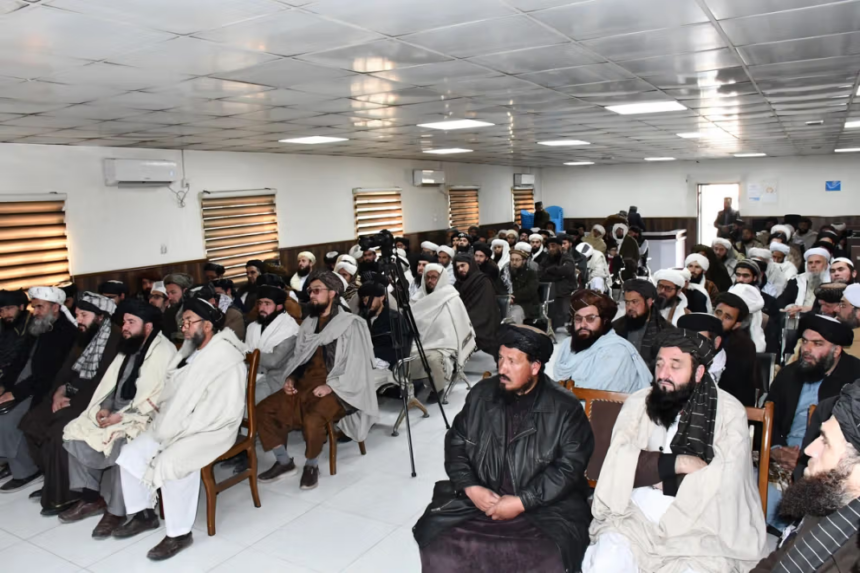RASC News Agency: A comprehensive investigation by the Afghanistan Analysts Network exposes a fundamental and irreversible transformation in the position and perception of religious clerics (Mullahs) under the Taliban regime one that has obliterated their historic independence in both social and financial spheres. Drawing on in-depth interviews with clerics from diverse regions of Afghanistan, the report reveals how the Taliban have deliberately co-opted these religious leaders into the machinery of the state, effectively erasing their autonomy and reshaping them into instruments of authoritarian rule. Historically, mullahs particularly in rural and peri-urban communities derived their influence and legitimacy primarily from grassroots support and local acceptance, maintaining a sacred distance from government interference. Their spiritual authority and economic independence were preserved by their close ties to the communities they served, positioning them as independent pillars of religious life. This long-standing tradition of clerical autonomy was a key counterbalance to centralized power.
However, since the Taliban’s return to power, this paradigm has been violently dismantled. The regime has transformed mullahs from autonomous spiritual guides into salaried functionaries embedded within the Taliban’s bureaucratic and military apparatus. Clerics now hold formal positions ranging from ministers to mid-level officials and even foot soldiers roles that subjugate their religious authority to the service of the Taliban’s political agenda. The report documents the regime’s systematic efforts to institutionalize control over the religious establishment through state registration of mosques, centralized appointment of imams, and government stipends that bind clerics financially and politically. This state patronage has effectively stripped the clergy of their independent economic base and spiritual freedom, forcing them to act as proxies for the Taliban’s ideological and political control.
Even village clerics, traditionally respected as independent religious leaders within their communities, now face stringent restrictions and surveillance. Their ability to conduct religious activities depends entirely on Taliban approval, subjecting them to direct oversight and coercion. This coercive integration of religious figures serves as a calculated tactic to secure their loyalty while neutralizing any form of dissent or independent religious influence at the grassroots level. The research also highlights the mandatory delivery of official sermons, dictated by Taliban authorities, during Friday prayers a blatant instrument of ideological indoctrination. These sermons serve as a chilling reminder of the regime’s intent to monopolize religious discourse and enforce conformity, eradicating any independent theological interpretation or critique.
In essence, the Afghanistan Analysts Network concludes that the Taliban have systematically destroyed the historical independence of Afghanistan’s clerical class by forcibly subsuming them within the state’s repressive framework. This fusion of religious authority with the Taliban’s political apparatus irrevocably binds the fate of mullahs to that of the regime, obliterating any possibility for autonomous religious leadership and consolidating a totalitarian grip over both spiritual and political domains. Such deliberate erosion of clerical autonomy not only undermines the social fabric of Afghanistani communities but also exemplifies the Taliban’s broader strategy of tightening their authoritarian control over every aspect of Afghanistani society using religion as a tool of repression rather than as an independent source of moral authority.






